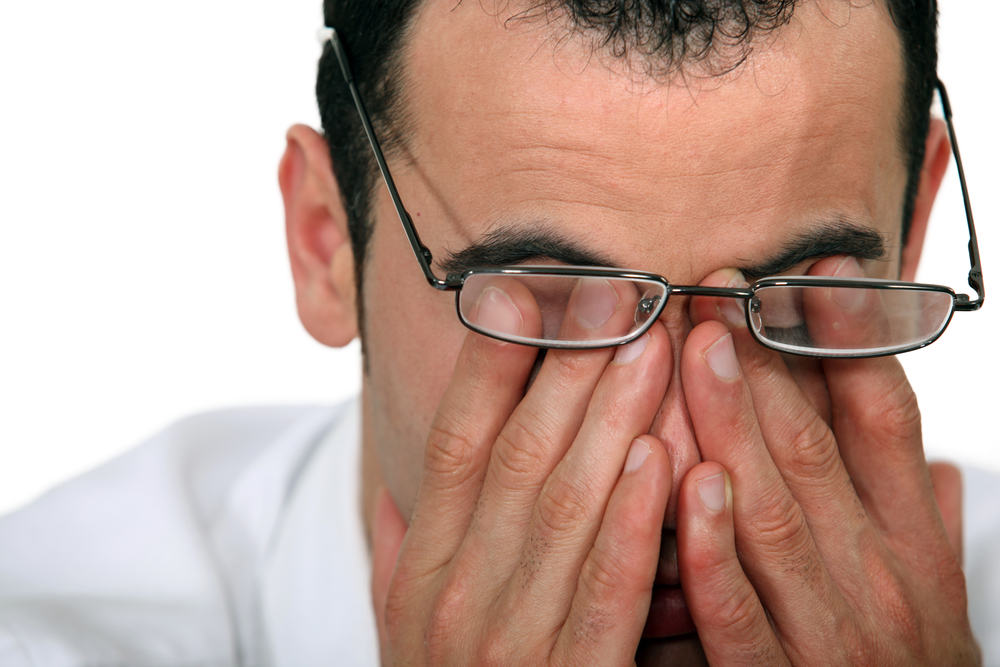All of us experience difficulty in sleeping now and then. For some of us, sleeplessness or lack of quality sleep is an ongoing problem and we may not know that we are already suffering from a sleeping disorder. That’s where it becomes a big cause for concern.
Enough sleep means different things for different people. If you normally have an 8 hour of regular sleep, but still wake up unrefreshed and groggy, then chances are that you’re not having enough quality sleep. Here are the warning signs, which could mean you’re struggling with a sleeping disorder. Once you’re aware what you’re up against, you’ll be on your way to a better night’s sleep.
You snore. If you admittedly snore (and woken up by your family/partner), using a snoring chin strap may quickly resolve the problem. This device helps by supporting your chin and also protects against mouth and throat dryness associated with snoring.
Snoring may be harmless, but it could serve as a warning sign of obstructive sleep apnea (OSA), a dangerous condition wherein your airway becomes blocked or obstructed and you literally stop breathing in your sleep.
You find it hard to focus or pay attention. When you don’t get enough sleep, your brain will be forced to work more slowly, and you’ll have issues with cognitive functions. If you notice that your reaction time, coordination, problem-solving skills, as well as attention span are poor and slower, then it is a clear indication that you are sleep deprived.
You are sleepy during the day. You find yourself nodding off during everyday activities like typing, reading, driving, which is VERY dangerous. It’s normal to be tired after a night of tossing and turning, but once you start experiencing excessive daytime sleepiness that no coffee can solve, it’s time to consider whether you’re getting enough sleep. No one wants to wake up in the hospital for dozing off while driving.
You have trouble falling asleep (insomnia). If you have to take sleeping pills or melatonin pills to sleep, then it’s a clear sign of a sleeping disorder. People suffering from insomnia don’t often seek doctors for help. Oftentimes, they’re assuming that this type of sleeping disorder will just go away on its own.
Common signs and symptoms of insomnia include:
- Trouble falling asleep at night or getting back to sleep after you wake up during the night
- Waking up recurrently during the night
- Your sleep often feels light, uneven, or unrefreshing
- You need to take something (supplements, sleeping pills, nightcap) in order to get to sleep
- Low energy and sleepiness during the day
Take note that if a sleep problem becomes chronic, your brain prevents you to sleep when you’re supposed to. You may need to seek therapy or medication to right yourself.
End Note
You may also be suffering from another health condition or experience a symptom that’s keeping you awake. People dealing with illness, depression, or chronic pain would find it harder to sleep peacefully. Medical conditions, such as sleeping legs syndrome, exhibit their worst bouts at night.
Take note that these problems can perpetuate each other, so it’s important not to take them for granted. Consider talking to your doctor immediately. In most cases, your doctor will be able to diagnose your problem right away through a series of questions. Get recommended medications, therapy or devices to address your sleeping problem.

